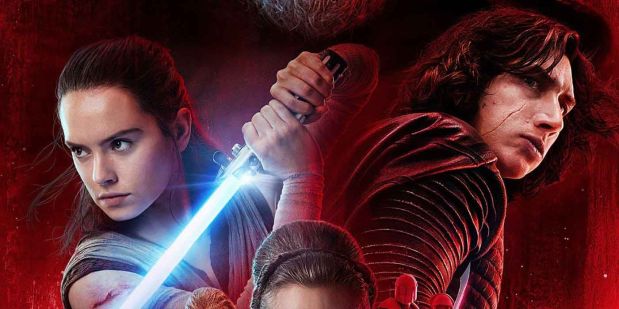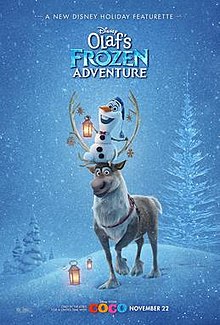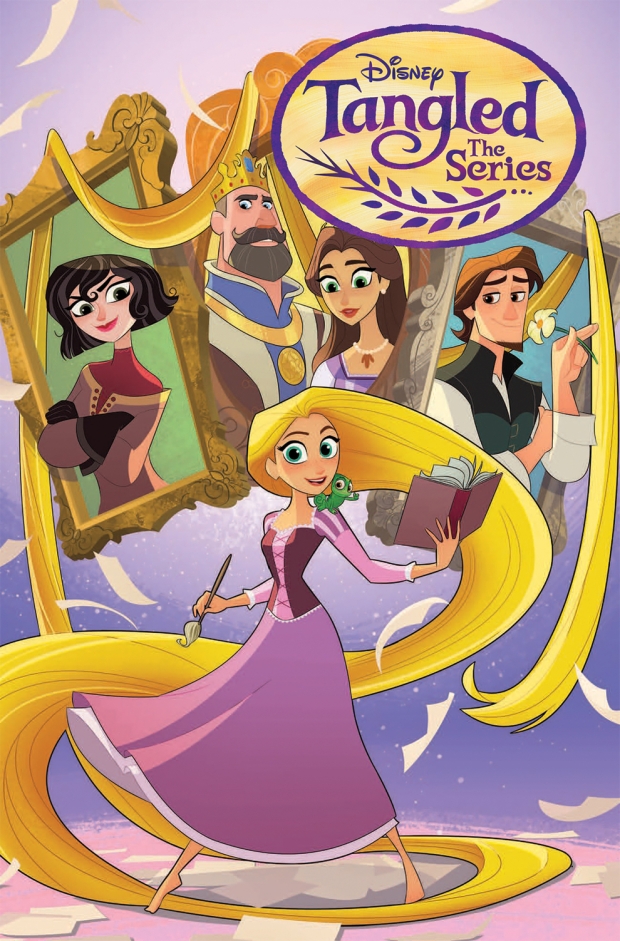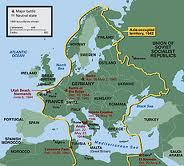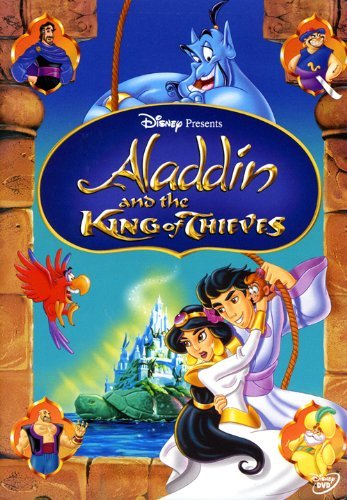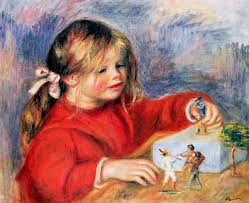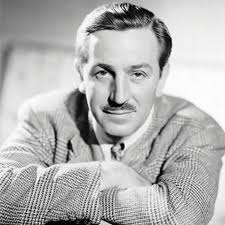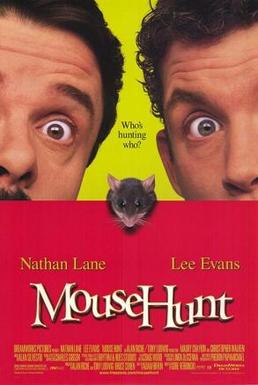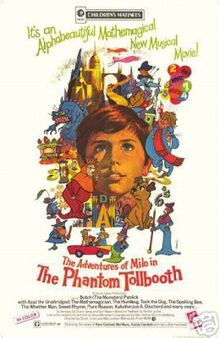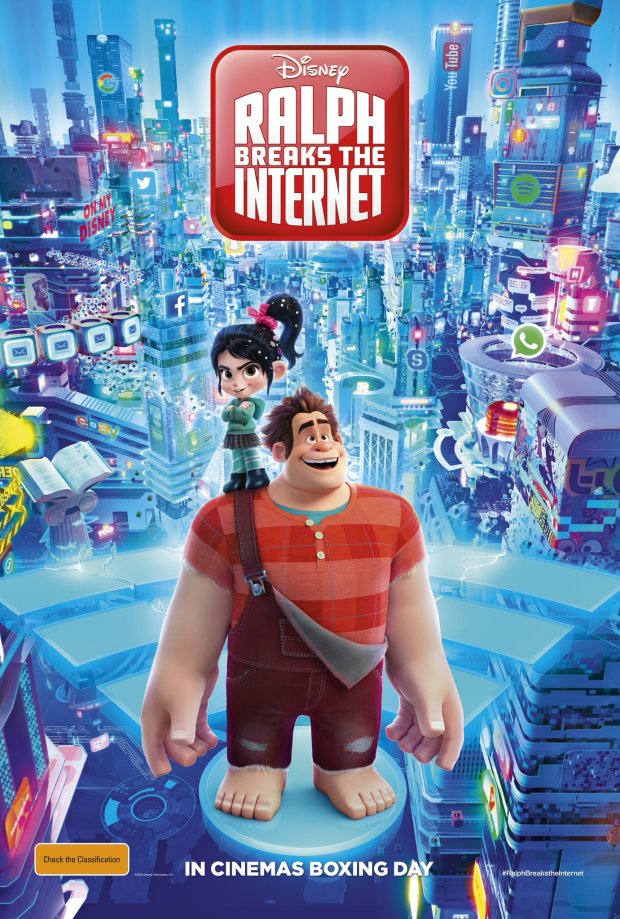Spoilers for The Last Jedi from the outset, spoilers for Rise of Skywalker after the jump.
I sense a great disturbance in the fandom…
Rise of Skywalker has begun its inevitable conquest of the global box office and people are about as mad at it as it is possible to be at something while still giving it a billion dollars. Call me Nostradamouse but I have the feeling this is going to end with two extremely angry, polarised factions dominating the fandom, those who love The Last Jedi and those who love Rise of Skywalker. And, while history shows that eventually the changes to canon Rise of Skywalker has wrought will be grudgingly accepted just like the New Editions, Midi-Chlorians, Leia being Luke’s sister, Jar Jar and the Ewoks…things are still pretty raw right now.
This is not my review of Rise of Skywalker because I’m not going to be doing a review of Rise of Skywalker because other than the occasional obscure bit of media here and there Star Wars is a picked clean zebra carcass on the Serengeti of the internet. Honestly, I don’t think I have anything to add by reviewing any of these movies. But in the coming great Jedi/Skywalker debate this is where I am:
Rian Johnson tried something bold, gutsy, admirable and radically deconstructive with The Last Jedi. Unfortunately, he did it with Star Wars, possibly the one major franchise least suited to that kind of take. Star Wars is very purposefully echoing the ancient tales laid out in Joseph Campbell’s Hero with a Thousand Faces. They are supposed to be hero tales of the very oldest sort. What Johnson did was give us a fairy tale where the prince finds out he’s actually the heir to a small pub in the Netherlands, then gets eaten by the dragon, and the Princess frees herself and goes on to found a successful chain of business schools. It’s…different. Certainly. It subverts your expectations, no doubt. It’s probably got something frightfully clever to say about privilege and gender roles and such but it is also, on a very fundamental level, unsatisfying. During Last Jedi I felt the following conversation was taking place.
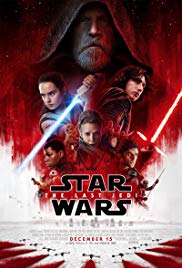
“Ha! Isn’t this great? You don’t want to see some boring story about a Chosen One discovering a shocking secret lineage and fulfilling their Destiny as the galaxy’s saviour!”

“Of course not, why else would I be watching a Star Wars movie? Now please do something about all these ghastly space-ships.”
As for Rise of Skywalker, while the desperate back-peddling Abrams carries out to undo two of Johnson’s most significant choices would be hilarious if it wasn’t so bloody artless, I do kinda feel for the guy. Johnson left him with some very large corners to paint himself out of and precious little paint to do it (may cover that in another post). And yeah, Rise of Skywalker is a big messy, fan-servicey mess of fan-service (I’m a writer, me) but you know what? It’s fun. It’s got Oscar Isaac, John Boyega and Daisy Ridley having adventures and shooting flying storm troopers with C-3PO and Chewie and that is a good time. And Star Wars should be fun. Last Jedi feels like a slog, slowly watching our heroes being winnowed down and ground under by disappointments and betrayals.
Rise of Skywalker is like your typical Irishman. He has faults, and be God he has many of them. But he’s mad craic.
But that’s not what I want to talk about. I want to talk about the version of Rise of Skywalker that I saw and no one else did…
